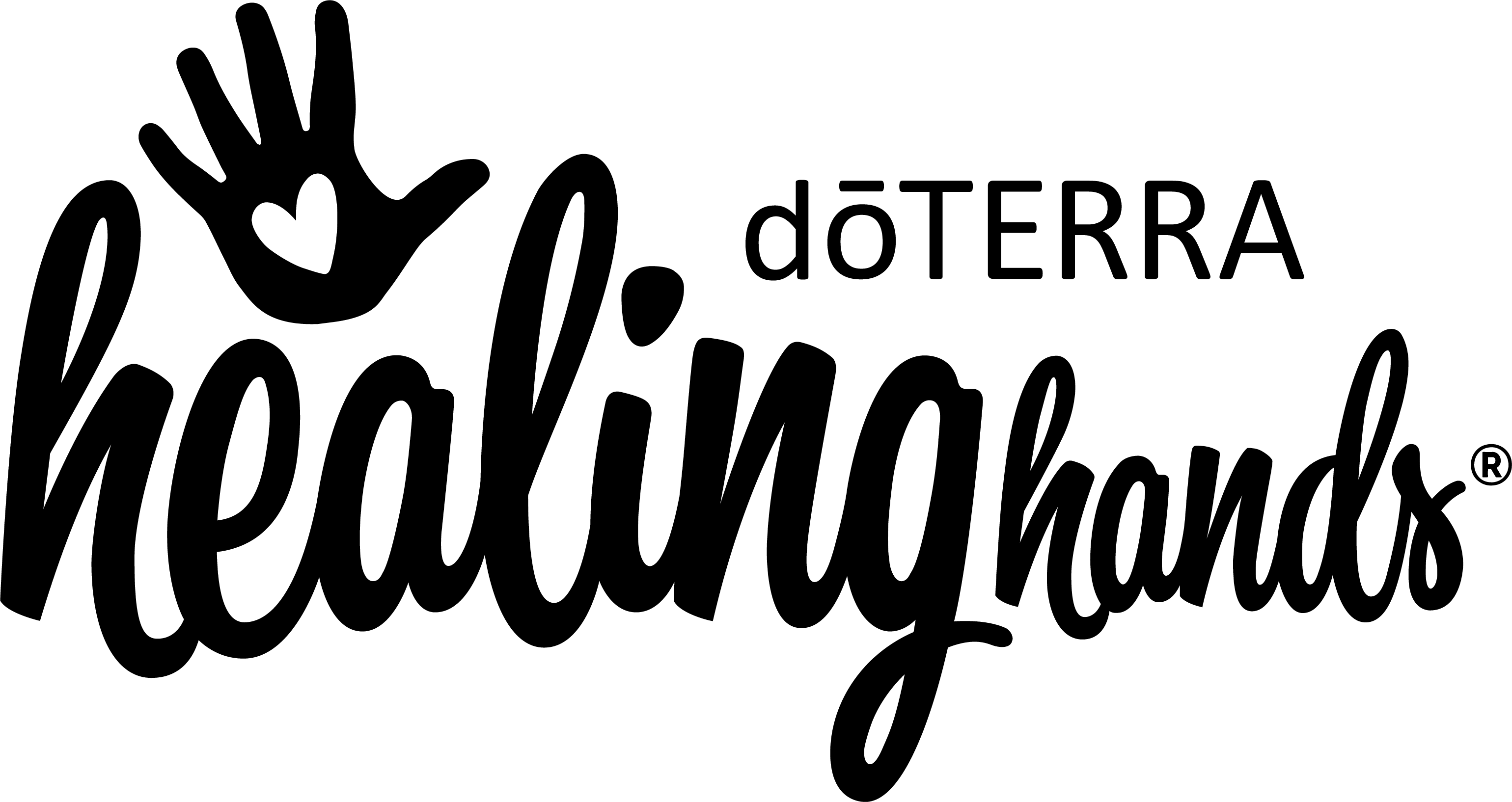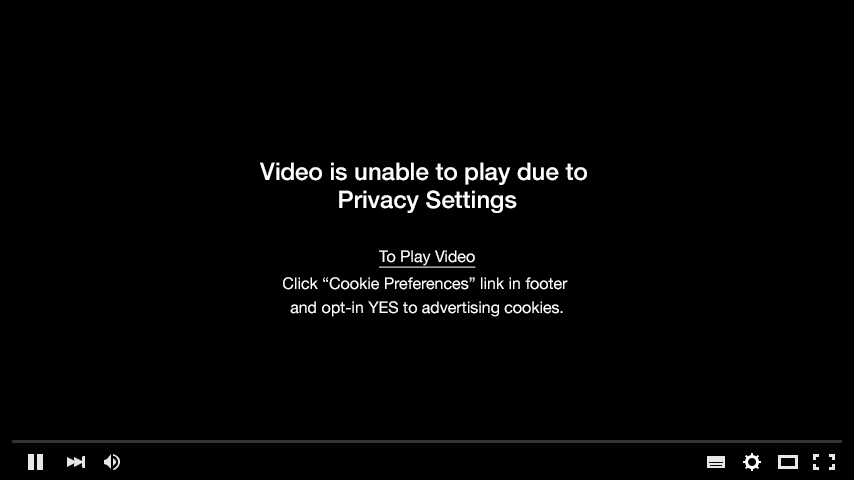Self-Reliance
The doTERRA Healing Hands Foundation has long been committed to empowering individuals and communities to help themselves, their families, and their communities. Through efforts like micro-credit lending, mentoring and education programs, and partnerships with Co-Impact Sourcing, we’re helping people down the path to build a better life for themselves.
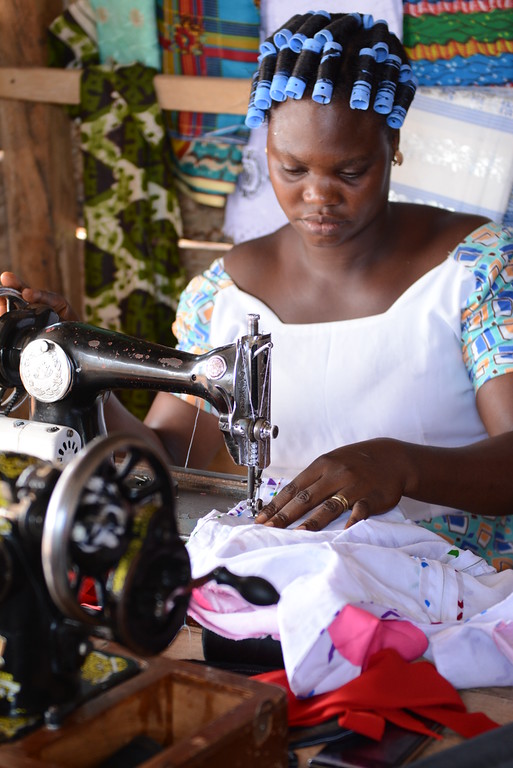
Did You Know?
-
In 2015, 736 million people lived below the international poverty line of US $1.90 a day; today almost 10% of the world’s population is living in extreme poverty and struggling to fulfil the most basic needs like health, education, and access to water and sanitation.
-
While roughly one in five school-aged children are not in school at all, there is still an estimated 617 million children unable to reach minimum proficiency levels in reading and mathematics, even though two thirds of them are in school.
- In 2018, 139.9 million borrowers benefited from microfinance. Of those, 80% were women and 65% lived in rural areas.
Sources:
UN: https://www.un.org/en/sections/issues-depth/poverty/ and https://sdgs.un.org/goals
UNICEF: https://www.unicef.org/education
Convergences: http://www.convergences.org/wp-content/uploads/2019/09/Microfinance-Barometer-2019_web-1.pdf
“I’ve always been poor. My parents were poor. My children were going to be poor. But not anymore.” Listen to Mentors International: Creating Sustainable Self-Reliance
What Can I Do?
While many of us are not in the situation where we are trying to subsist on less than $2 a day, we can help those who are living in poverty, and also evaluate ourselves to continue to improve our home and family life. Here are some ways you can take action now:
Educate yourself.
The first step to changing the world for the better is to understand the problems we’re facing. Here are a few resources to help further promote awareness of self-reliance challenges facing people globally:
-
Watch This video to learn more about how important monetary support is in helping individuals and families in developing countries achieve self-reliance.
-
Learn more about the how and why of effective altruism HERE.
- See what it’s like for a group of four friends living on $1 a day for two months in rural Guatemala in This documentary.
Participate in a project.
You may consider participating in The Match Program or donating to a Wellness Advocate matching project supporting a self-reliance initiative. Search for one HERE.
Support local organizations.
Provide support to organizations in your local community helping individuals and families to become self-reliant. Ideas include:
-
Donating to or volunteering at a local food bank or homeless shelter
- Build a school kit for children in need
Work toward financial independence.
This will enable you to support local and global self-reliance efforts with your donations.
- Participate in doTERRA’s Free to Give program. This program was launched to encourage Wellness Advocates to pay off their personal debts so they could free themselves up to spend their money philanthropically. Here are some resources to learn more about this program:
-
Introduction to Free to Give: https://wave0.doterra.com/US/en/be-free-to-give
-
Application form: https://www.doterra.com/US/en/form/free-to-give
- Financial resources: https://www.doterra.com/US/en/be-free-to-give-financial-resources
Read a personal finance self-help book.
- You can find recommendations HERE.
Complete a financial challenge.
Examples include:
- Good Plan Challenge
See if you are on the best plans for your home phone, Internet, mobile phone, cable, music and video subscriptions, etc. by reviewing your service plans. Update your plans to help save money each month.
- Brown Bag
Pack a lunch to every work day for a month to decrease fast food, restaurant, or impulse spending. This challenge has the added benefit of helping you plan out healthy meals!)
- Hold On
Wait 7 days before making any optional purchases during a 30 day time-period to see if it is a need or want, and is an item you still desire to purchase. This form of delayed gratification will help you spend less money and enjoy the things you do end up buying even more.
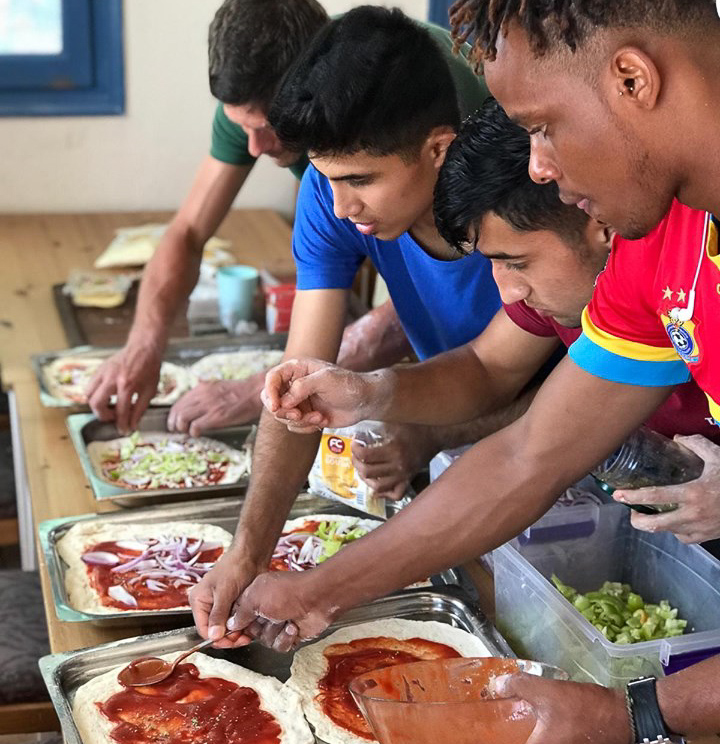
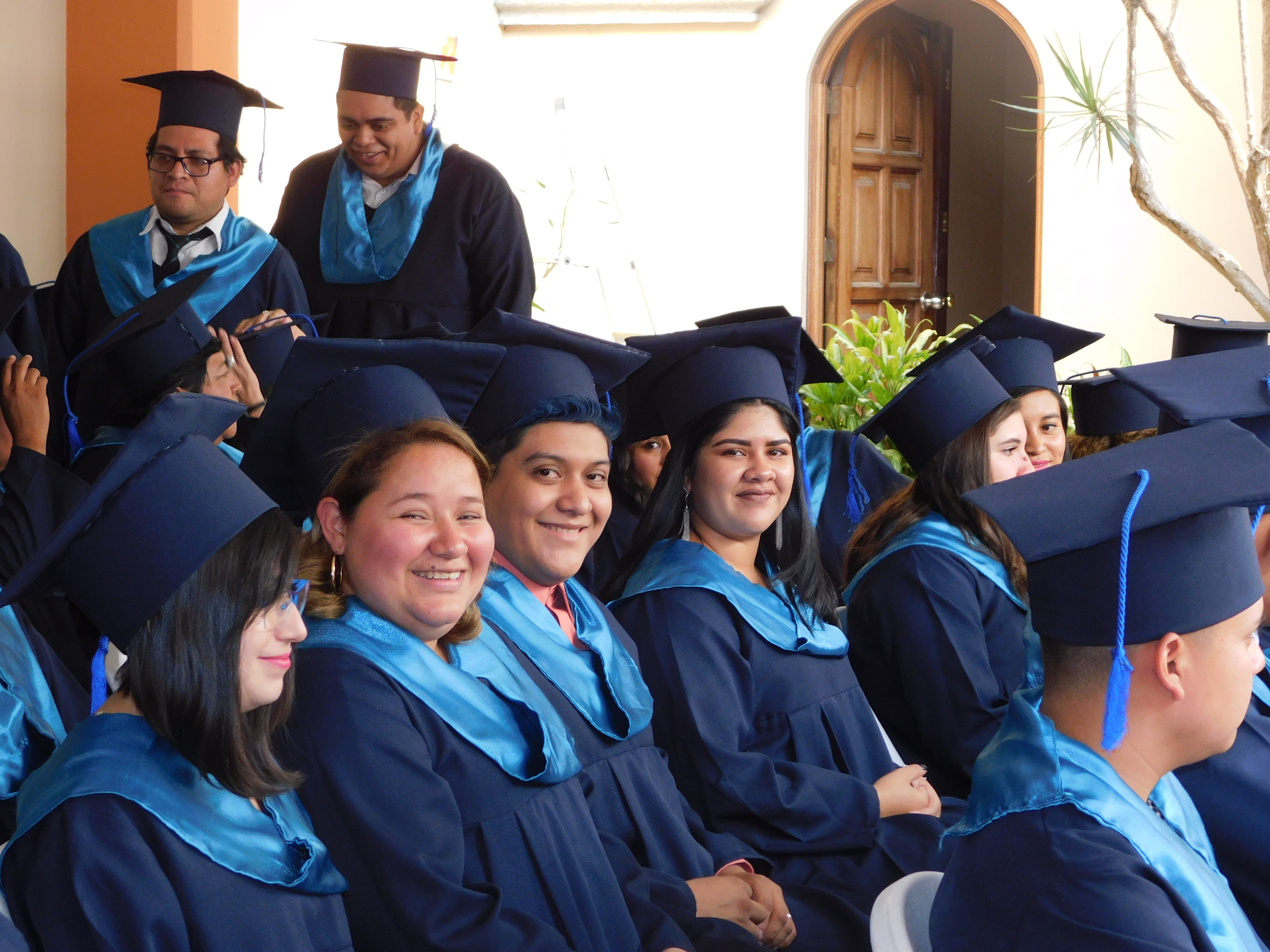
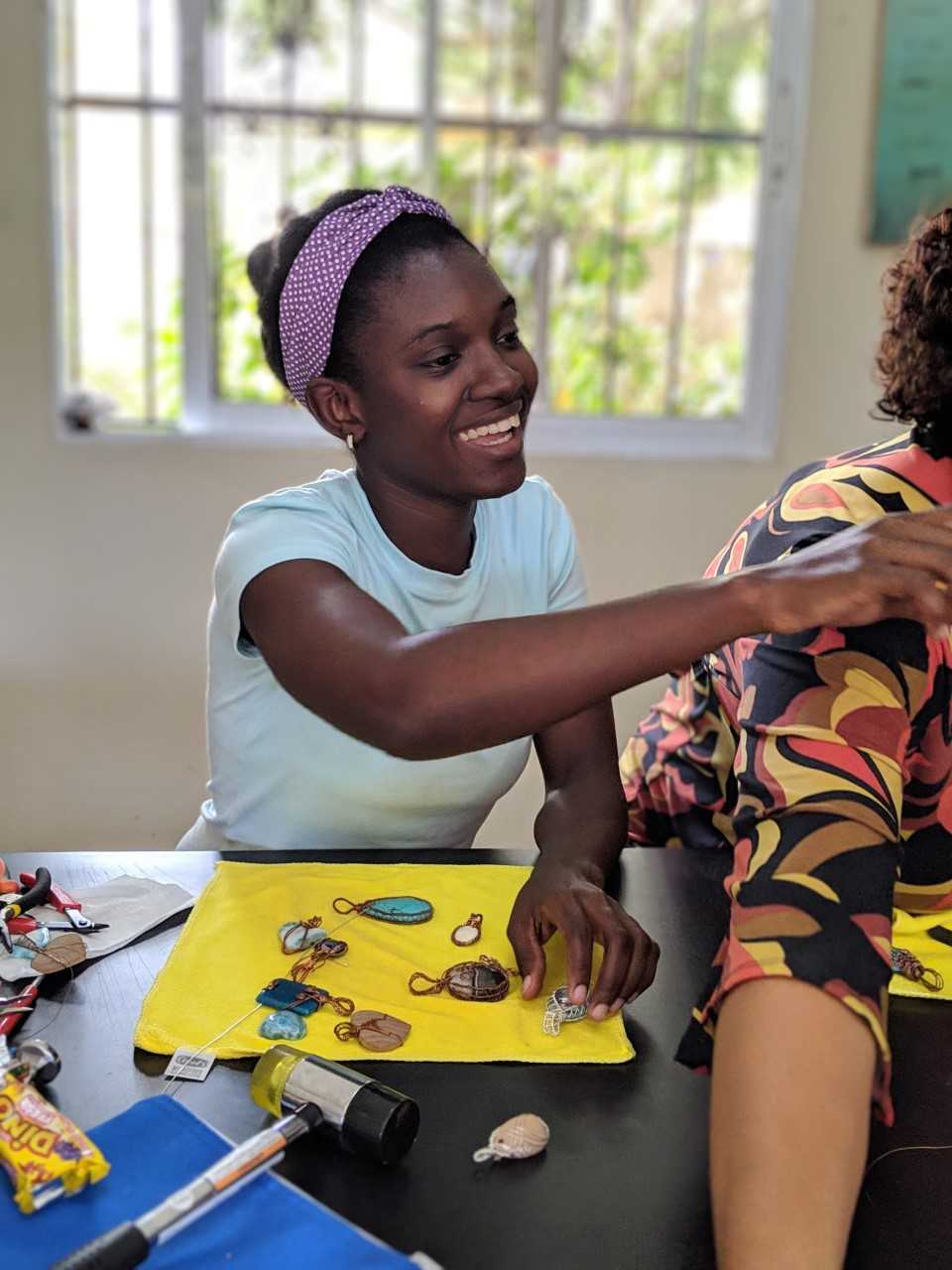
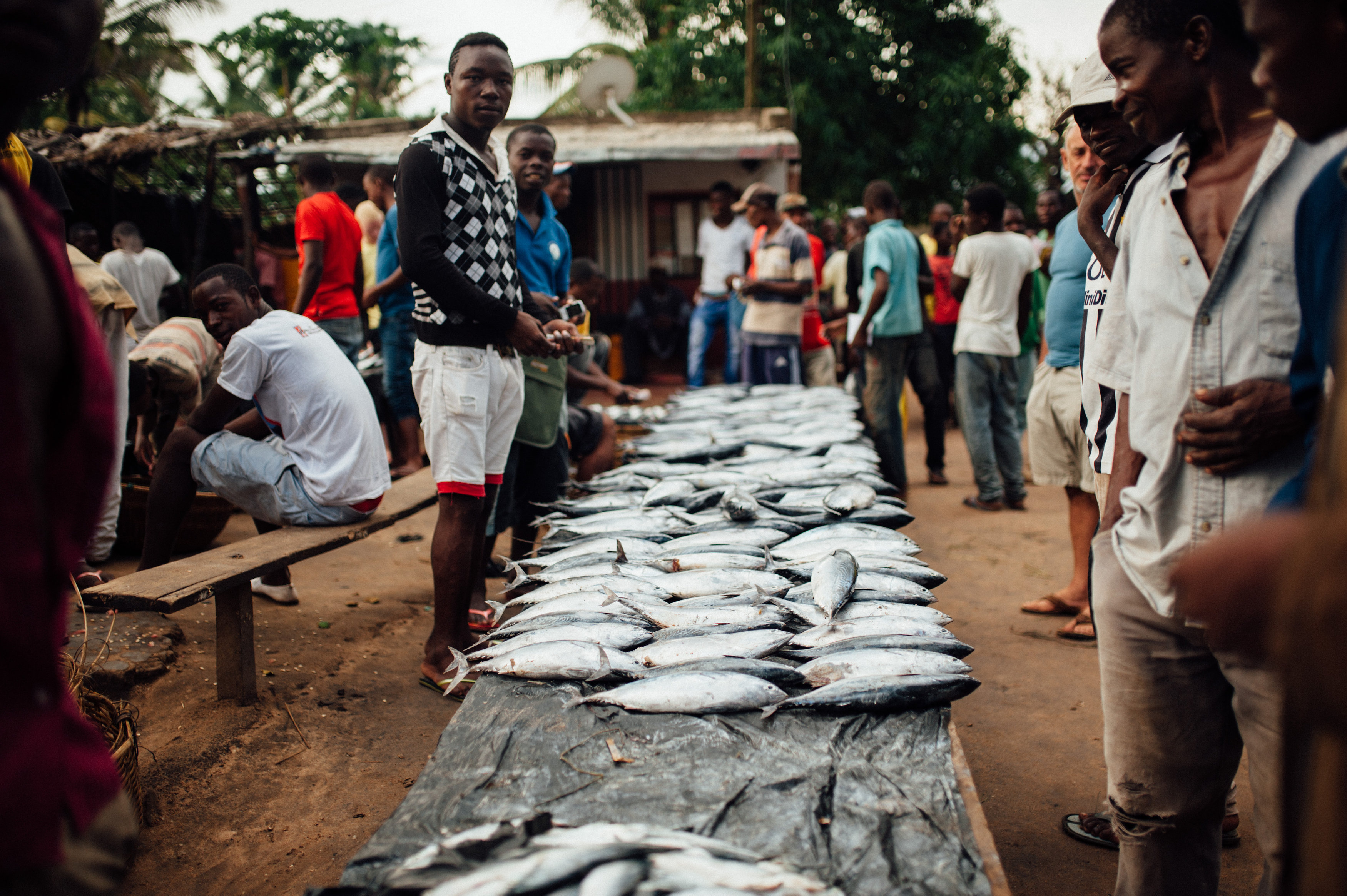
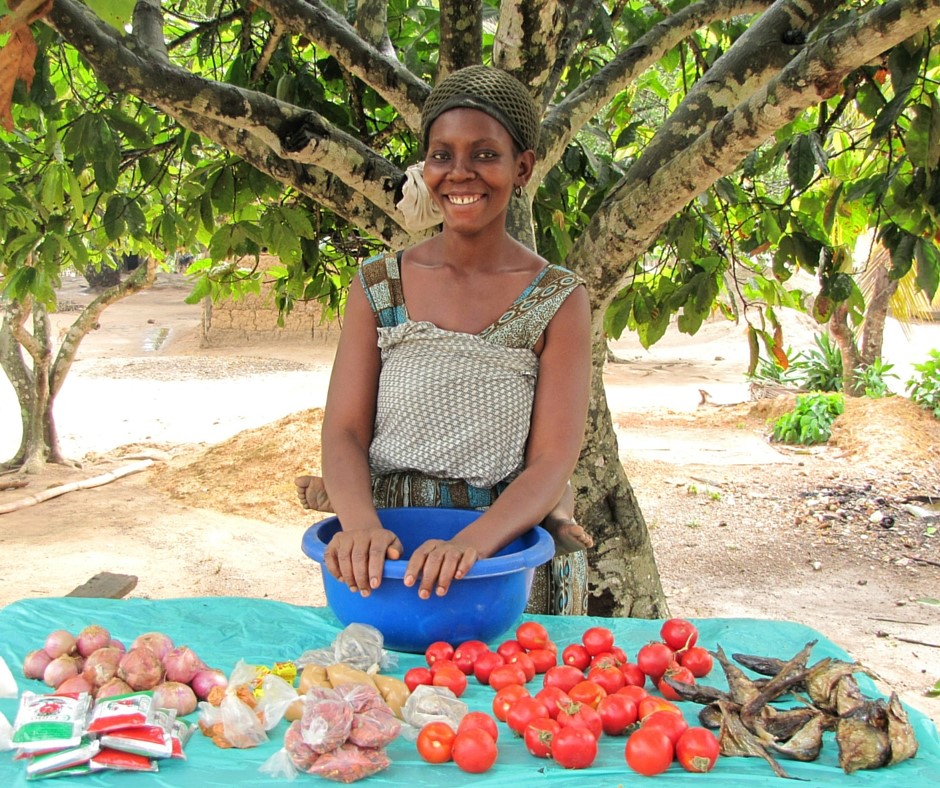
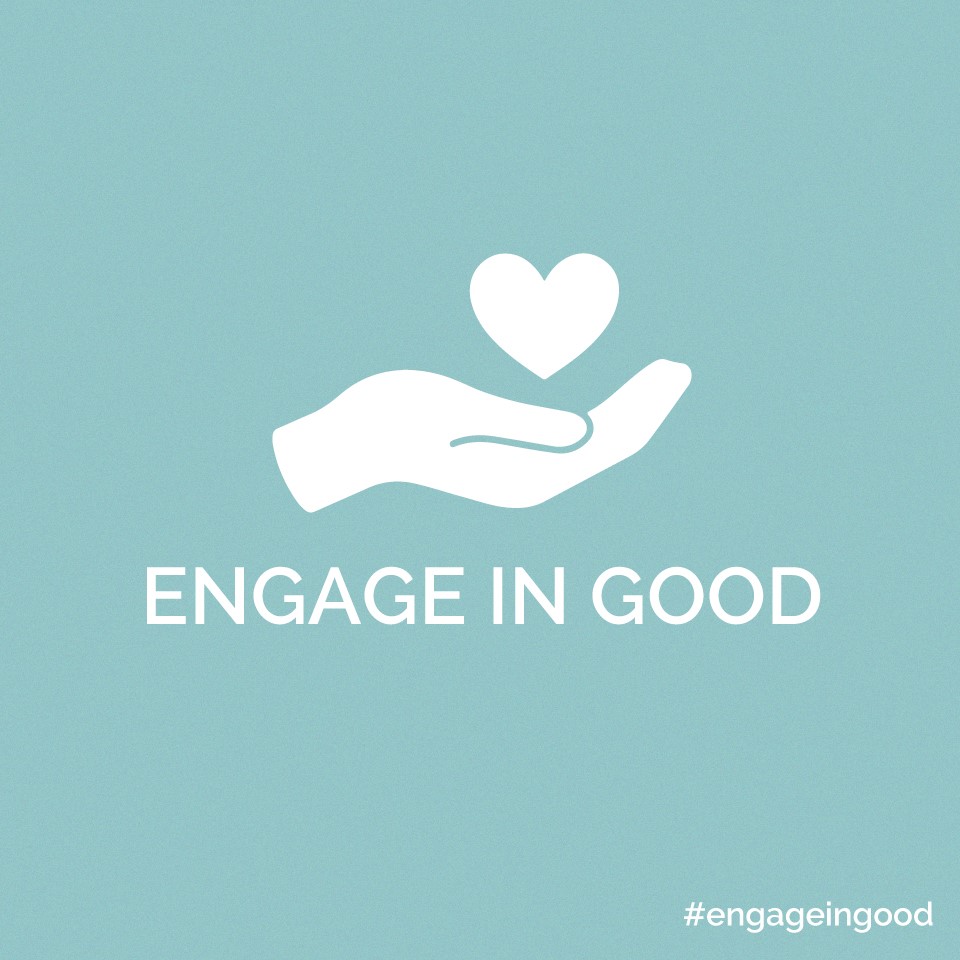
Join the dHHF Team!
Share what you’ve learned or a way you have taken action on social media. Make sure to include #EngageInGood on your post.

